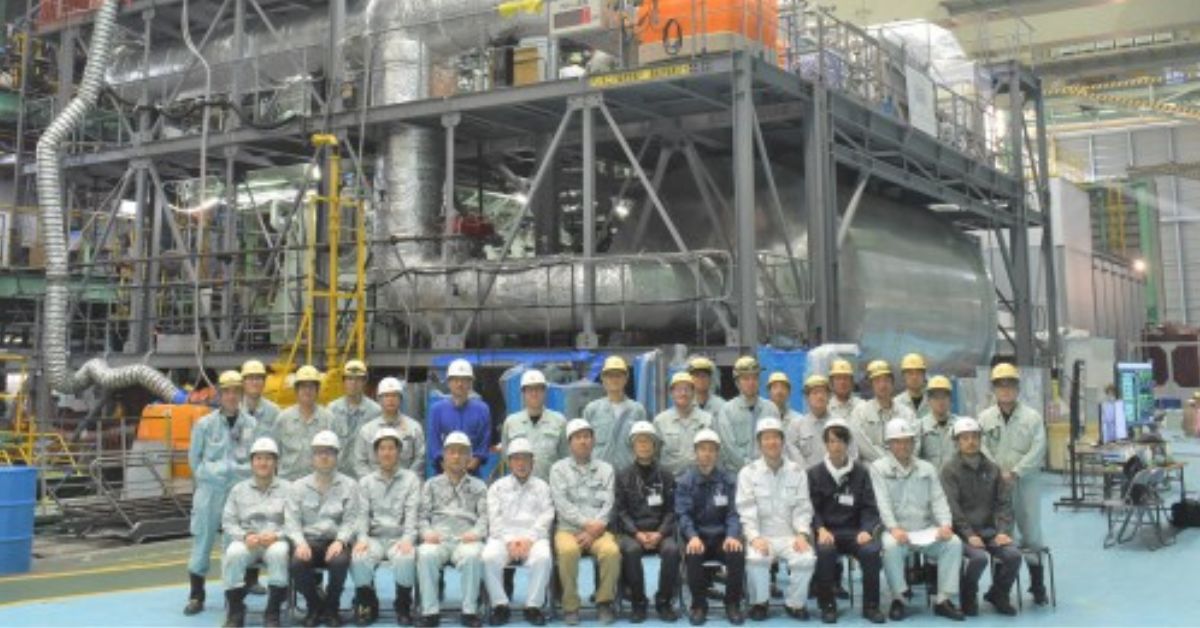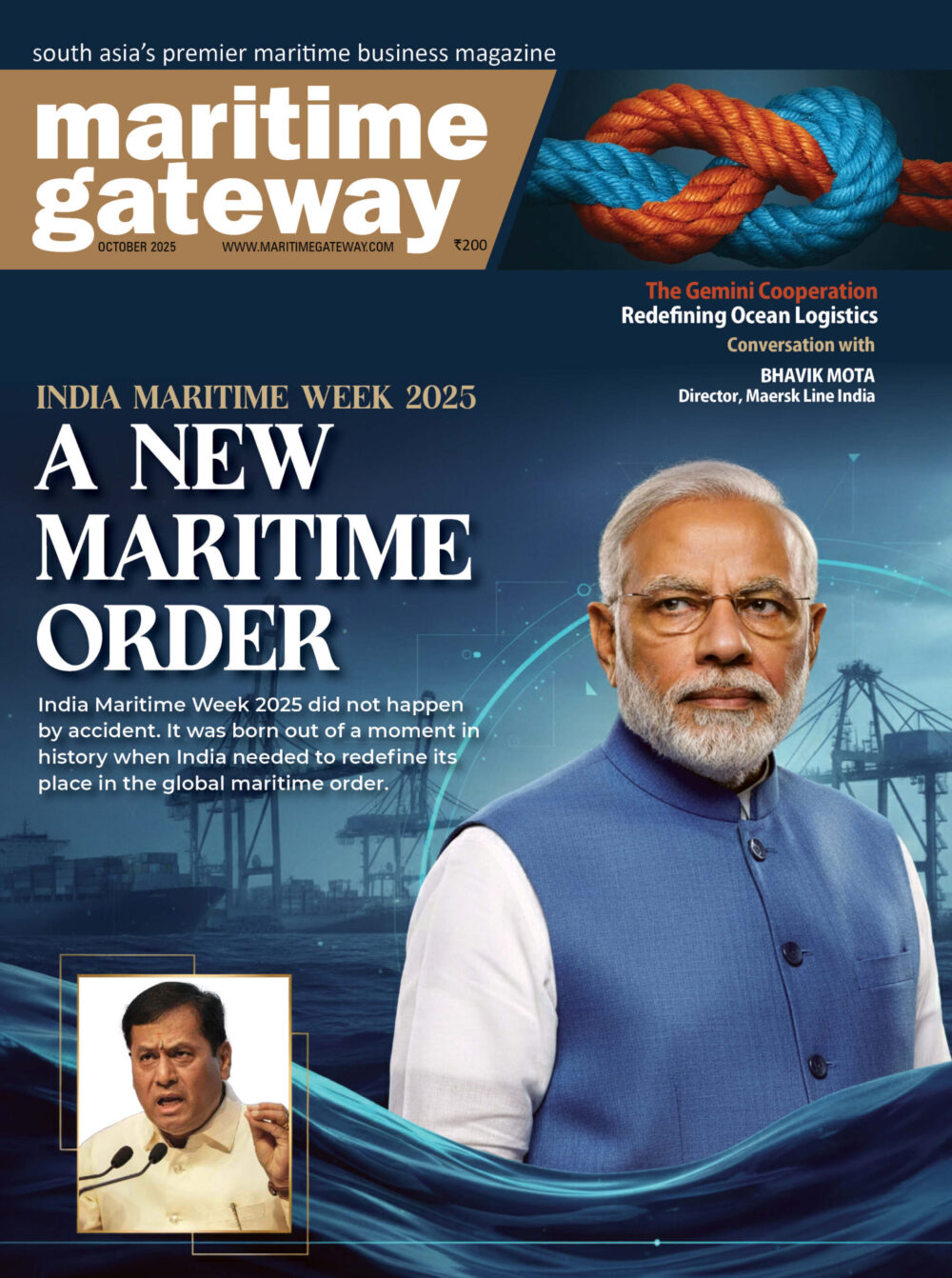Japan Engine Corporation (J-ENG) has completed the world’s first full-scale commercial ammonia-fuelled marine engine, marking a major breakthrough in the shipping industry’s decarbonisation efforts.
The seven-cylinder, 50 cm bore model 7UEC50LSJA-HPSCR was finalised on August 30 after successful test runs at J-ENG’s Akashi plant, carried out under the supervision of NYK Line, Nihon Shipyard, Japan Marine United (JMU) and classification society ClassNK.
Designed as a dual-fuel system, the engine can run on both ammonia and heavy fuel oil. Trials confirmed safe and reliable operation, with ClassNK certifying compliance with environmental and safety standards. Tests showed over 90% reduction in greenhouse gas emissions at a 95% ammonia co-firing rate, with almost no unburned ammonia detected after exhaust treatment. Nitrogen oxide emissions were recorded at around half the levels of conventional heavy oil engines.
The unit will be delivered in October 2025 for installation on a mid-sized ammonia-fuelled gas carrier currently being built at JMU’s Ariake Shipyard, scheduled to enter service in 2026.
This achievement follows extensive R&D, including 1,000 hours of single-cylinder prototype testing between 2023 and 2024 at Mitsubishi Heavy Industries’ Nagasaki facility, and 700 hours of additional trials on the full-scale engine focusing on efficiency, safety and leak prevention.
J-ENG said the development paves the way for broader adoption of ammonia as a marine fuel. Work is already in progress on a larger 60 cm bore version to serve a wider range of vessels, while a new factory—supported by Japan’s GX Economic Transition Bonds—will expand production capacity from 2028.









